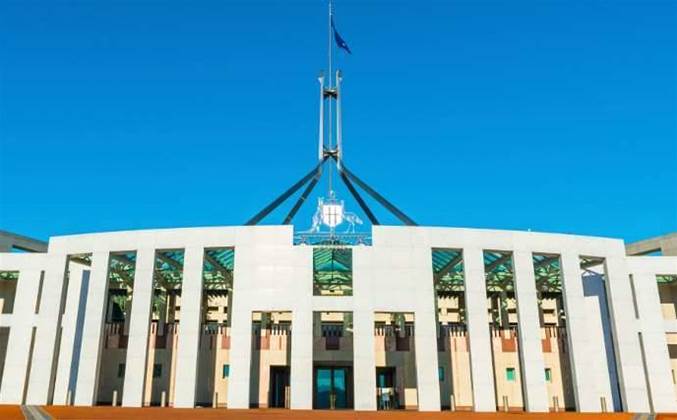Shadow Communications Minister Michelle Rowland has called for extensive industry and public consultation over Australia’s Assistance and Access Bill, the proposed law that would compel service providers to allow law enforcement authorities to access encrypted messages, even if it takes years to settle the matter.

Speaking at the Comms Day Melbourne Congress, Rowland welcomed the recently-announced extra public hearings on the bill, but called for even more consultation to ensure the bill doesn’t compromise Australia’ security.
Rowland said that “the development of measures to bypass encryption to access information on a device” must be “traded off against the security of a broader system that may now have greater vulnerability as a result of being modified, temporarily or permanently, to facilitate that access.”
“ These will become judgements about competing forms of technical risk to systems and devices, which are complex and can vary from circumstance to circumstance,” she added.
“Another issue is that unlike a number of other national security measures that are wholly domestic in their effect, seeking to impose stringent new legal obligations on global technology companies that operate in Australia but have a global presence may have significant ramifications.”
Rowland framed her remarks by saying “What I want to stress today is that the Parliament’s bipartisan approach to national security does not extinguish our capacity to have robust and constructive debates,” a nod to the political reality that any moves to delay or dilute security-related legislation is sometimes painted as a lack of concern for the nation.
The shadow minister justified her calls for delay by saying the Access Bill “is a different level of complexity to the Telecommunications Security Sector Reforms, which were also a challenging set of reforms for the industry and took the better part of two years to refine.”
“The implications of such scenarios need to be tested. To do this we need time.”
Rowland suggested “the Government engage directly with the affected industries and stakeholder bodies regarding the significant concerns they have raised about the measures in this bill, with a view to developing workable solutions.”
“This engagement should include a series of industry workshops to develop scenarios and stress test them against the processes and mechanisms set out in the Bill.”
Such consultation, she added, will both ensure any legislation is workable but also ensure the public feels it’s been properly consulted on an issue that impacts their daily lives and can therefore feel confident about the legislative process.
NBN debate reboot
Rowland also called for a reboot of debate about the NBN, so its purpose and ROI can be considered.
“The departure of the former Prime Minister [Malcolm Turnbull] means the primary architects of the National Broadband Network — from both sides of politics — are no longer in Parliament,” she observed.
“I’m not suggesting there will be a flowering of bipartisanship on the NBN,” she added, but called for the government and opposition “to step back and examine with clear eyes what we want to achieve with the NBN going forward, to return to its objective.”
She did not, however, have any ideas on what such debate should consider, other than her oft-stated positions about the desirability of better reliability and service from NBNCo.


_(23).jpg&h=140&w=231&c=1&s=0)








 iTnews Benchmark Awards 2026
iTnews Benchmark Awards 2026
 iTnews Executive Retreat - Security Leaders Edition
iTnews Executive Retreat - Security Leaders Edition
 iTnews Cloud Covered Breakfast Summit
iTnews Cloud Covered Breakfast Summit
 The 2026 iAwards
The 2026 iAwards












_(1).jpg&h=140&w=231&c=1&s=0)



